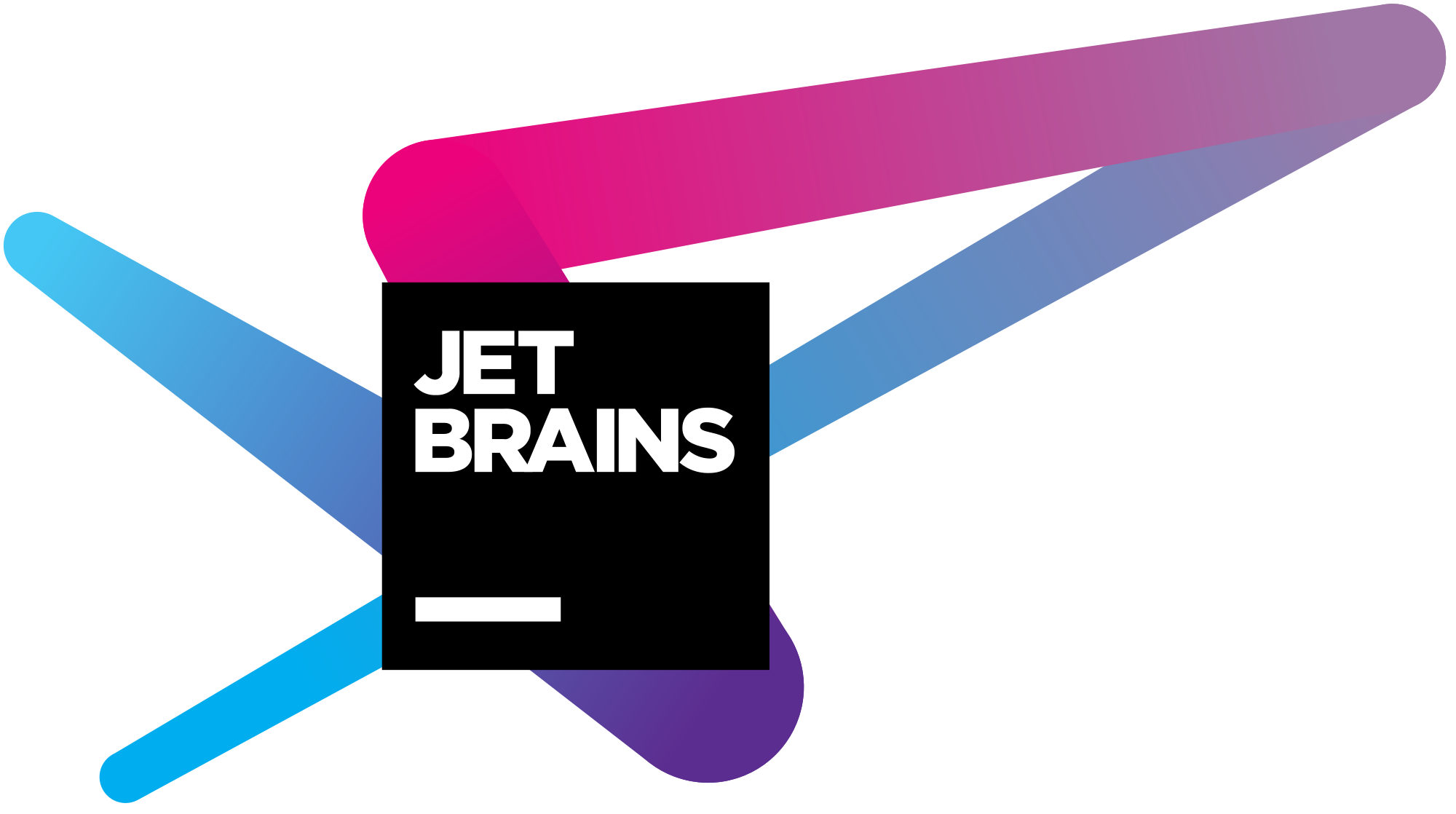
calendar - angular responsive calendar built with material design for desktop and mobile
Built by and for developers :heart:
Do you have any question or suggestion ? Please do not hesitate to contact us! Alternatively, provide a PR | open an appropriate issue here
If did you like this project, support angular-material-extensions by starring :star: and sharing it :loudspeaker:
Table of Contents
- Demo
- Components
- Dependencies
- Peer Dependencies
- Additional Requirements - material (Include a theme)
- Additional Requirements - material icons
- Installation
- API
- Usage
- Documentation
- Run Demo App Locally
- Development
- Other Angular Libraries
- Support
- License
Demo
View all the directives in action at https://angular-material-extensions.github.io/calendar
Dependencies
- Angular developed and tested with
6.1.78
Requirements (peer dependencies):
npm i @angular/cdk @angular/material @angular/animations @angular/forms or use angular schematics like e.g:
ng add @angular/material Additional requirements Theme (Material Design)
Additional Requirements - Import the material design icons learn more
- The easiest way to import material design icons is to provide a link in your
index.htmlfile like below:
<link href="https://fonts.googleapis.com/icon?family=Material+Icons" rel="stylesheet">- alternative solution:
- Install of the official npm module of the material design icons
npm i -s material-design-icons- Import them in your
angular.jsonfile
"styles": [
"styles.css",
"../node_modules/material-design-icons/iconfont/material-icons.css"
],Installation
Install above dependencies via npm.
Now install @angular-material-extensions/calendar via:
npm install --save @angular-material-extensions/calendarSystemJS
Note:If you are using
SystemJS, you should adjust your configuration to point to the UMD bundle. In your systemjs config file,mapneeds to tell the System loader where to look for@angular-material-extensions/calendar:map: { '@angular-material-extensions/calendar': 'node_modules/@angular-material-extensions/calendar/bundles/calendar.umd.js', }
Once installed you need to import the main module:
import { MatCalendarModule } from '@angular-material-extensions/calendar';The only remaining part is to list the imported module in your application module. The exact method will be slightly
different for the root (top-level) module for which you should end up with the code similar to (notice MatCalendarModule .forRoot()):
import { MatCalendarModule } from '@angular-material-extensions/calendar';
@NgModule({
declarations: [AppComponent, ...],
imports: [MatCalendarModule.forRoot(), ...],
bootstrap: [AppComponent]
})
export class AppModule {
}Other modules in your application can simply import MatCalendarModule:
import { MatCalendarModule } from '@angular-material-extensions/calendar';
@NgModule({
declarations: [OtherComponent, ...],
imports: [MatCalendarModule, ...],
})
export class OtherModule {
}Usage
Run Demo App Locally
-
clone this repo by running
$ git clone https://github.com/angular-material-extensions/calendar.git -
link the @angular-material-extensions/calendar package
$ gulp link-
navigate to the demo app directory
$ cd demo -
install the dependencies
$ npm i -
run/start/serve the app
$ npm run startor
$ ng serve --open -
the app is now hosted by
http://localhost:4200/
Development
- clone this repo
- Install the dependencies by running
npm i - build the library
npm run buildorgulp build - Link the library
gulp link- Navigate to the demo app's directory
cd demonpm inpm start
- Navigate to the demo app's directory
Other Angular Libraries
- ngx-auth-firebaseui
- ngx-linkifyjs
- @firebaseui/ng-bootstrap
- @angular-material-extensions/password-strength
- @angular-material-extensions/link-preview
- @angular-material-extensions/google-maps-autocomplete
- @angular-material-extensions/pages
- @angular-material-extensions/contacts
- @angular-material-extensions/faq
- @angular-material-extensions/combination-generator
Support
- Drop an email to: Anthony Nahas
- or open an appropriate issue
-
let us chat on Gitter
Built by and for developers :heart: we will help you :punch:

This project is supported by jetbrains with 1 ALL PRODUCTS PACK OS LICENSE incl. webstorm
License
Copyright (c) 2018 Anthony Nahas. Licensed under the MIT License (MIT)

